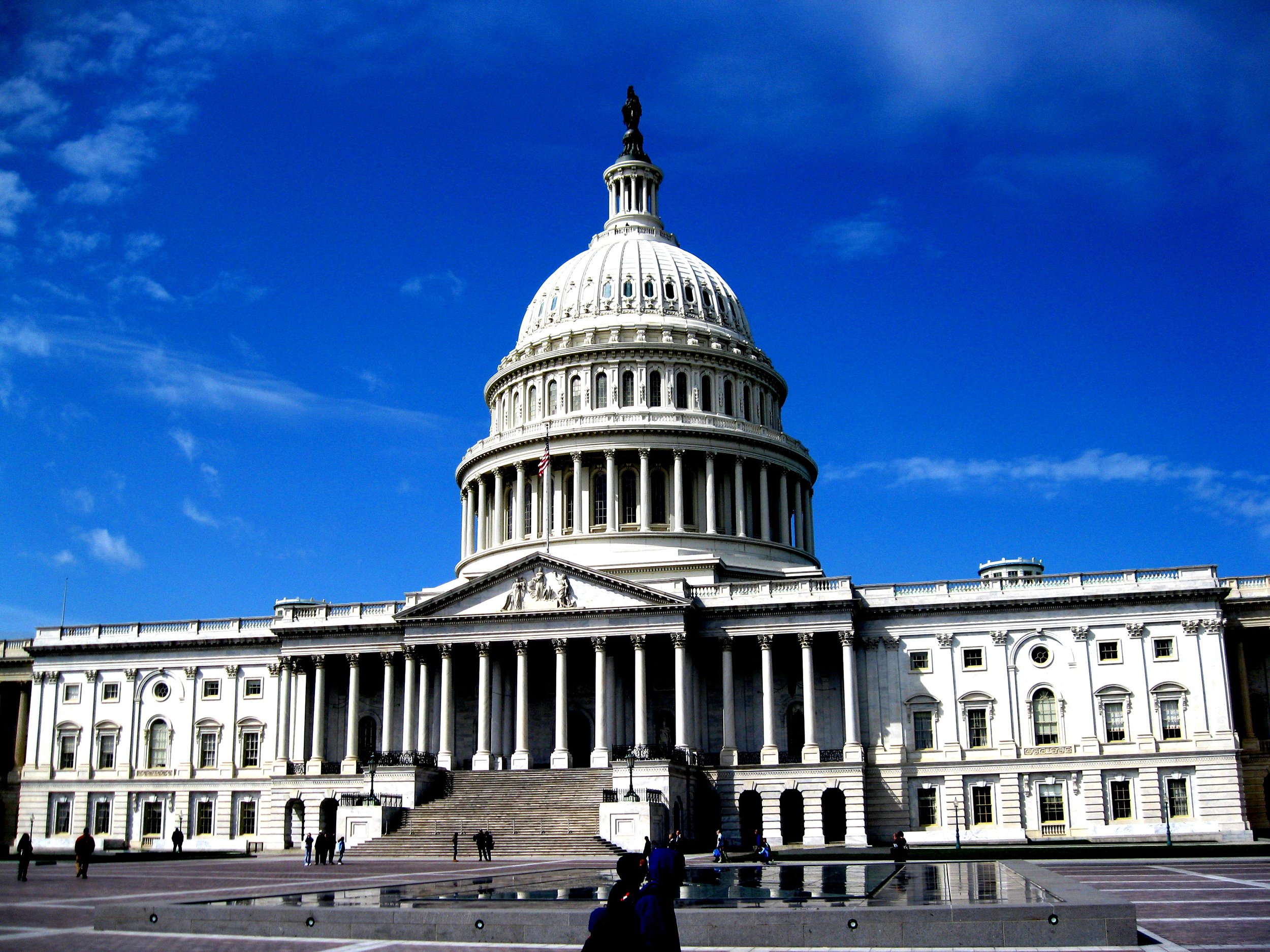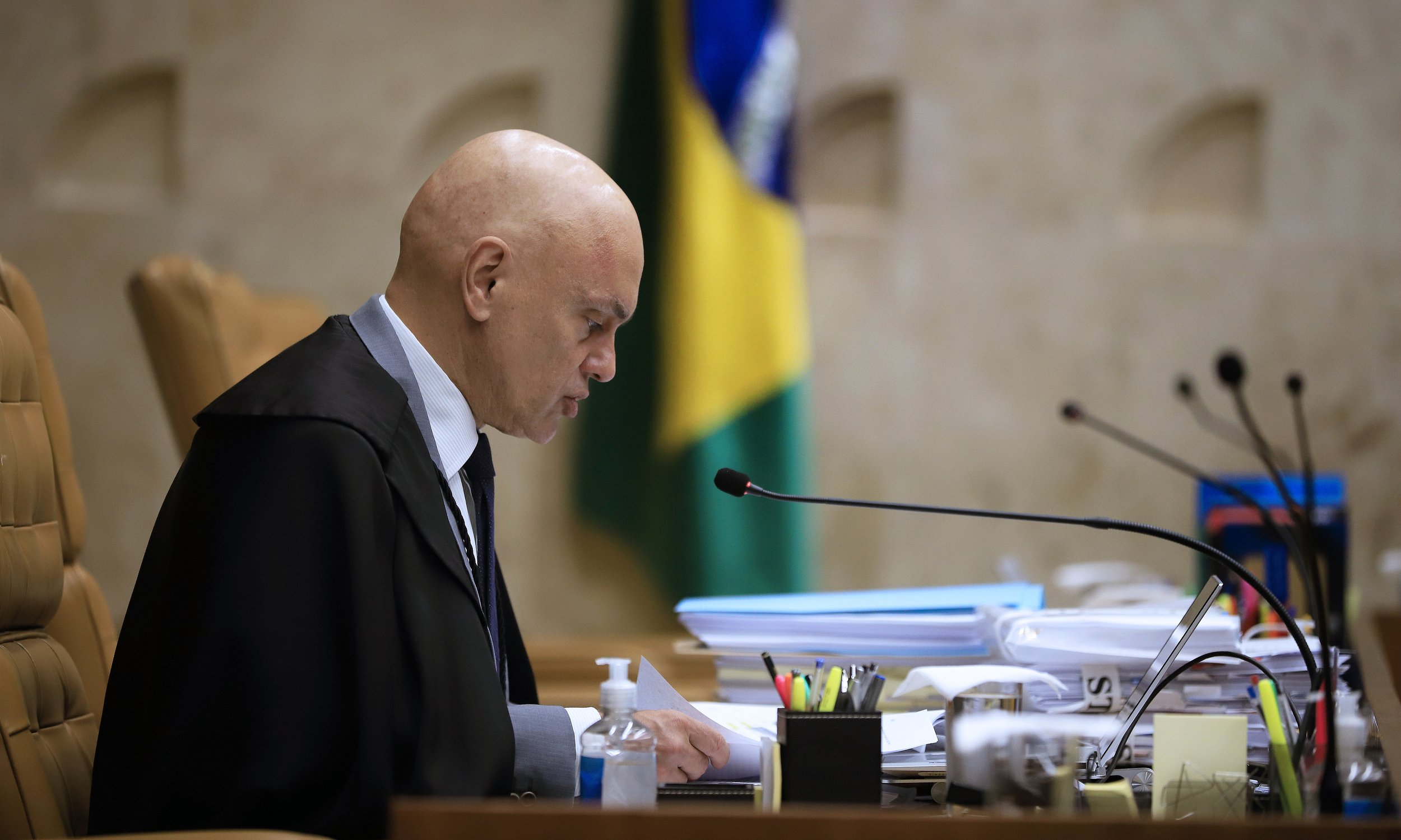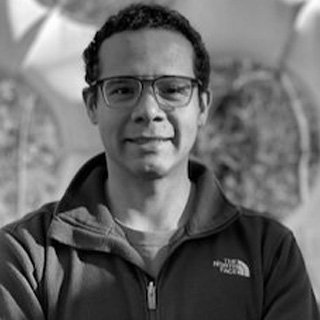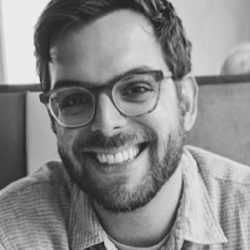Debate on Freedom of Expression and the Role of Digital Platforms in Brazil Requires Technical Rigor and Expertise
WBO Statement
April 19 2024
The Washington Brazil Office (WBO) expresses concern about the fact that the Judiciary Committee of the US House of Representatives may be taking public positions regarding the political and legal reality of Brazil without the support of reliable information in relation to the measures that the Brazilian Supreme Court has adopted to protect the quality of Brazilian democracy.
A distortion of aspects of Brazilian reality was clear in the letter that the committee sent to President Joe Biden on Wednesday, April 17. In the document, the committee made public several judicial decisions kept confidential due to ongoing investigations into the attempted coup and attacks on democratic institutions that took place in Brazil. These decisions have been taken by Supreme Court Justice Alexandre de Moraes.
One of the U.S. committee’s arguments is that Moraes' orders did not include any reasons for the decision. On April 18, the Brazilian Supreme Court published a note in which it clarified that the orders made public by the committee "are not the reasoned decisions that determined the removal of content or profiles, but rather the letters sent to the platforms to comply with the decision." The Brazilian Supreme Court also said that "making a comparison, for everyone to understand, it is as if they had published the arrest warrant (and not the decision that was the basis for the arrest) or the letter to comply with blocking an account (and not the decision which was the basis for blocking it)."
“The letter from the Judiciary Committee of the US House of Representatives distorts aspects of the Brazilian reality and, therefore, it was clear that there are interest groups promoting an erroneous and biased reading on the part of this important committee”, says Paulo Abrão, professor of law, who was executive secretary of the Inter-American Commission on Human Rights of the Organization of American States, the director of the Mercosur Human Rights Institute, the National Secretary of Justice, and is now the executive director of the WBO.
For him, “the committee made public several decisions of the Brazilian Supreme Court that had been kept confidential due to ongoing investigations into the attempted coup against democracy and other serious crimes provided for in Brazilian legislation. This was a maneuver induced by members of the Brazilian far-right opposition to weaken investigations into crimes committed within the country. It is a clear strategy to receive impunity.”
On April 18, the Brazilian Supreme Court published a note in which it clarified that the orders made public by the committee "are not the reasoned decisions that determined the removal of content or profiles, but rather the letters sent to the platforms to comply with the decision."
A previous attempt to influence the US Congress and other US-based human rights institutions promoted a view that there is a violation of freedom of speech in Brazil by requiring digital platforms to block illicit information had already been blocked by the Tom Lantos Human Rights Commission in the U.S. House of Representatives last month.
Pedro Kelson, coordinator of the WBO's Democracy Program, considers that this time, it was “the Judiciary Committee of the US House of Representatives that was instrumentalized by this interest group to leak confidential data from the Brazilian judiciary concerning the attempted coup d'état, which seeks to try to demoralize investigations into accountability against attacks on the democratic rule of law in Brazil with incomplete and superficial information about the Brazilian reality.”
“I am incredibly impressed by the commitment of the Brazilian government and digital rights experts, who are working to hold the technology industry accountable, despite a US-based private company's attempt to distort the facts and undermine public safety. Brazil must continue to fight for its own territorial integrity against Big Tech, whose main interest does not lie in what is good for Brazil, but rather in what is good to fill their own pockets, profiting from online damage and distortions,” commented Kristina Walfore, director of Innovation and Global Projects at Reset and co-founder of #ShePersisted.
As a non-partisan and independent think tank that studies and disseminates analyses and practices of Brazilian civil society to an international public, the WBO considers it pertinent to bring to light information and observations produced by experts in political and judicial aspects of Brazil and issues linked to individual freedoms and the judicial responsibilities of all who enjoy these freedoms in Brazil, in order to help the public understand the complexities of the case.
Fabio Sa e Silva: “Brazil has nothing like the First Amendment of the US Constitution”
Fabio de Sa e Silva, associate researcher at the WBO and associate professor of International Studies and the Wick Cary Professor of Brazilian Studies at the University of Oklahoma, where he is also co-director of the University of Oklahoma Center for Brazil Studies
“First of all, Brazil has nothing like the First Amendment of the US Constitution. In Brazil, “free speech” is limited by the protection of other individual legal rights, such as honor, or collective rights, such as security and electoral fairness. Furthermore, the Brazilian judiciary has both the legal basis and judicial independence to order the blocking of profiles and posts on social networks, which can happen legally in three cases,” says Fabio de Sa e Silva, associate researcher at the WBO and associate professor of International Studies and the Wick Cary Professor of Brazilian Studies at the University of Oklahoma, where he is also co-director of the University of Oklahoma Center for Brazil Studies.
The first case, according to Sa e Silva, is “when profiles or posts are a means for the continued commission of illegal acts – from electoral crimes and violations of the democratic rule of law to very serious cases, such as pedophilia, sexual exploitation of children and adolescents, and incitement of violence in schools.”
The second case is when the blocking of profiles and posts is used “as an alternative to preventive detention, which is justified to 'guarantee public order, economic order, for the convenience of criminal investigation or to ensure the application of criminal law.’”
Finally, he explains that these blocks can be done as part of “the general powers of caution, attributed to judges by procedural law” in Brazil. “Although it is possible to think of examples of posts or accounts that have been banned and that do not fit these conditions, it is very easy to think of posts or accounts that fit,” concludes Sa e Silva.
André Pagliarini: “No one is being arrested for sharing their opinion in Brazil”
André Pagliarini, associate researcher at the WBO, a fellow at the Quincy Institute for Responsible Statecraft, and assistant professor of History at Hampden-Sydney College in Virginia
“Brazilian far-right forces are conspiring to convince foreign public opinion that Brazil is under a censorship regime that violates freedom of speech. What happens is that Brazilian authorities – mainly Supreme Court Justice Alexandre de Moraes – have sought to limit the reach of certain social media accounts to contain the rampant and continuous spread of misinformation and support for dangerous antidemocratic actions that culminated in the insurrection of January 8, 2023 in Brasília. Shouting ‘censorship’, as radical supporters of former president Jair Bolsonaro have consistently done, deliberately and covertly evokes images of Brazil’s dictatorial past. It has long been clear to observers interested in the preservation of Brazil's democratic institutions that these people's objective has been to protect themselves and to politically oppose Lula da Silva's current government,” says André Pagliarini, associate researcher at the WBO, a fellow at the Quincy Institute for Responsible Statecraft, and assistant professor of History at Hampden-Sydney College in Virginia.
For him, “in moments like this, with such high risks of political interference and the strain on the relationship between the two countries, it is worth being categorical: Brazil today is a robust pluralist democracy. Claiming otherwise plays directly into the hands of those who wish to subvert the democratically elected government of the largest nation in Latin America and the fourth largest democracy in the world. Social media is not the public square. There are countless other avenues of self-expression for individuals who wish to express their views. No one is being arrested for sharing their opinion in Brazil. No one is being tortured or exiled because of their ideas.”
David Nemer: “immunity is not absolute, as Article 19 introduces a differentiated framework to hold Internet application providers liable in specific circumstances”
David Nemer, research associate at WBO, who holds a doctorate in Computing, Culture and Society from Indiana University, a Master's degree in Anthropology from the University of Virginia and another in Computer Science from Saarland University. He is currently an associate professor of Media Studies and affiliated faculty member in Latin American Studies at the University of Virginia, associate professor at the Berkman Klein Center at Harvard University, and an affiliated scholar at the Brazil Laboratory at Princeton University.
“The Marco Civil da Internet (Civilian Framework of the Internet, Law No. 12,965, enacted on April 23, 2014) is the legal standard that regulates the use of the Internet in Brazil. This law achieves this by establishing principles, guarantees, rights and duties for Internet users, as well as outlining guidelines for State intervention. The law aims to create a balanced and inclusive digital environment by addressing crucial topics such as net neutrality, privacy, data retention, the social function of the Internet, freedom of speech and the civil liability of service providers,” explains David Nemer, research associate at WBO, who holds a doctorate in Computing, Culture and Society from Indiana University, a Master's degree in Anthropology from the University of Virginia and another in Computer Science from Saarland University. He is currently an associate professor of Media Studies and affiliated faculty member in Latin American Studies at the University of Virginia, associate professor at the Berkman Klein Center at Harvard University, and an affiliated scholar at the Brazil Laboratory at Princeton University.
According to Nemer, “articles 18 and 19 of the Marco Civil are particularly significant, as they explicitly describe provisions regarding the removal of content and civil responsibilities. Article 18 lays the groundwork by exempting Internet service providers from civil damages arising from third-party content. This provision recognizes the role of providers as mere channels, highlighting their lack of involvement in content creation. However, this immunity is not absolute, as Article 19 introduces a differentiated framework to hold Internet application providers liable in specific circumstances.”
Nemer goes on to explain that “Article 19 emphasizes the principle of free speech while recognizing the need to combat illegal content. Article 19 goes beyond Section 230 (47 U.S.C. § 230) as it can hold content providers liable if they do not follow court orders. It specifies that Internet application providers can only be held civilly liable if they fail to comply with a court order to remove specific content deemed illegal. The inclusion of a court order requirement serves as a safeguard against arbitrary censorship, ensuring the preservation of due process and judicial oversight.”
He concludes by saying that “furthermore, additional nuances are elucidated in subsequent sections of the law. Section 1 requires clear identification of infringing content in court orders to avoid ambiguity or exaggeration. Section 2 highlights the importance of defending freedom of expression, especially in cases of copyright infringement. Section 3 establishes a mechanism to quickly resolve compensation disputes related to content affecting honor, reputation, or personality rights, thereby emphasizing the accessibility of justice for all.”





